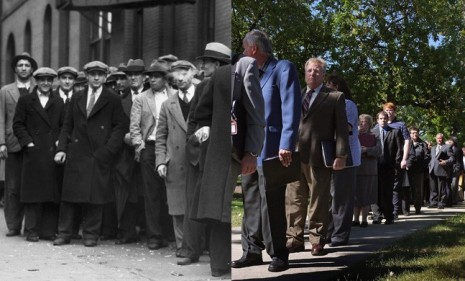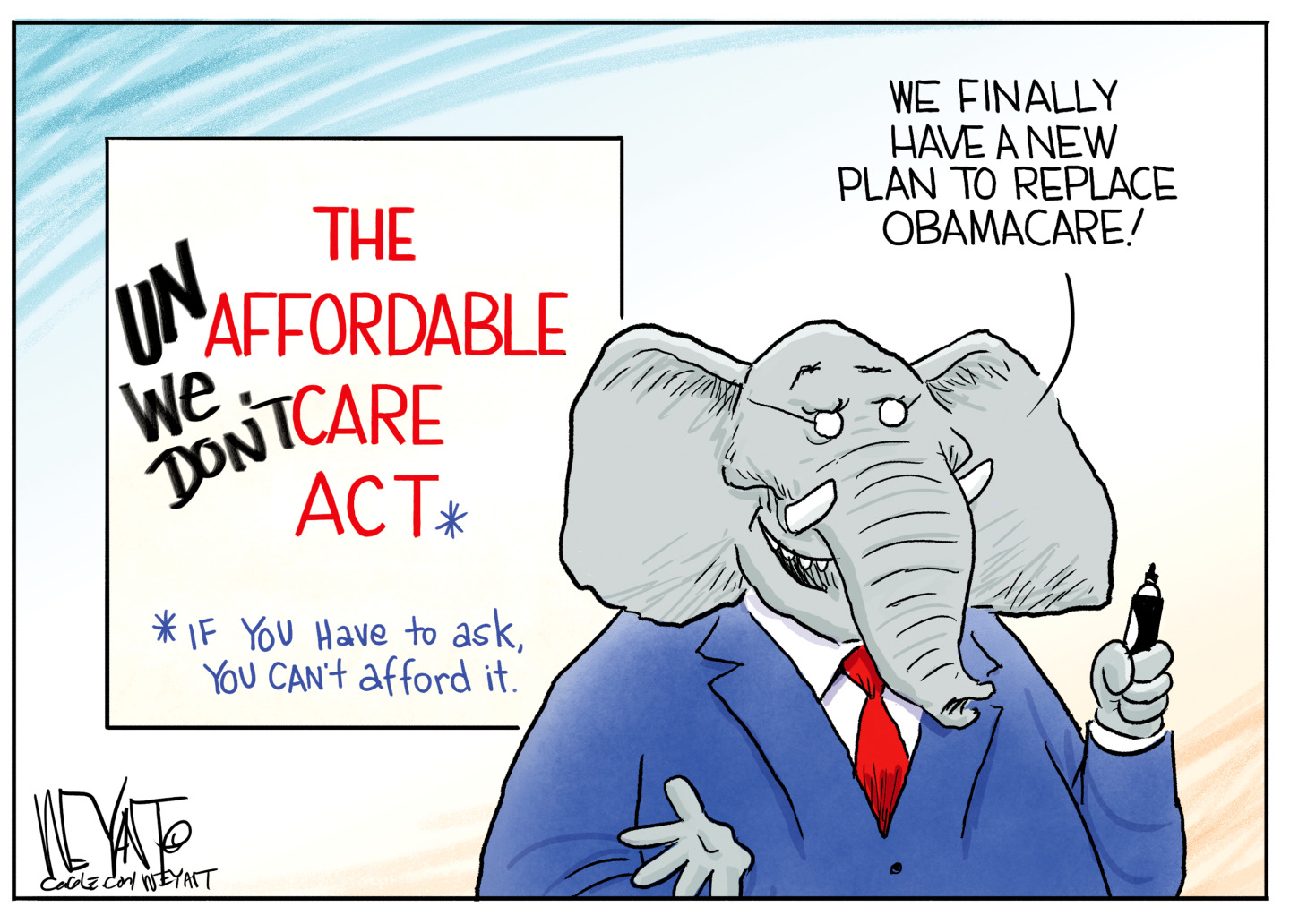Why the U.S. was better off in the Great Depression
Despite the mass poverty, the U.S. was quietly making tremendous progress in the 1930s, says David Leonhardt in The New York Times. Not this time

The Great Recession may have officially ended in June, but most people don't feel it. Household income is still dropping. Unemployment is stuck above 9 percent. And there's no end in sight, says David Leonhardt in The New York Times. Consider the Great Depression. People typically associate that era with broad suffering. But few today realize that the U.S. economy was actually revving up during the 1930s, and setting up a post-Depression era of dizzying growth. The current economic slump doesn't have that silver lining. In fact, if we don't right our ship or stumble onto the next growth engine, we might remember the Great Depression as the good times. Here, an excerpt:
Underneath the misery of the Great Depression, the United States economy was quietly making enormous strides during the 1930s. Television and nylon stockings were invented. Refrigerators and washing machines turned into mass-market products. Railroads became faster and roads smoother and wider....
It would clearly be nice if we could take some comfort from this bit of history. If anything, though, the lesson of the 1930s may be the opposite one. The most worrisome aspect about our current slump is that it combines obvious short-term problems — from the financial crisis — with less obvious long-term problems. Those long-term problems include a decade-long slowdown in new-business formation, the stagnation of educational gains and the rapid growth of industries with mixed blessings, including finance and health care.
The Week
Escape your echo chamber. Get the facts behind the news, plus analysis from multiple perspectives.

Sign up for The Week's Free Newsletters
From our morning news briefing to a weekly Good News Newsletter, get the best of The Week delivered directly to your inbox.
From our morning news briefing to a weekly Good News Newsletter, get the best of The Week delivered directly to your inbox.
Together, these problems raise the possibility that the United States is not merely suffering through a normal, if severe, downturn. Instead, it may have entered a phase in which high unemployment is the norm.
Read the entire article in The New York Times.
A free daily email with the biggest news stories of the day – and the best features from TheWeek.com
-
 A luxury walking tour in Western Australia
A luxury walking tour in Western AustraliaThe Week Recommends Walk through an ‘ancient forest’ and listen to the ‘gentle hushing’ of the upper canopy
-
 What Nick Fuentes and the Groypers want
What Nick Fuentes and the Groypers wantThe Explainer White supremacism has a new face in the US: a clean-cut 27-year-old with a vast social media following
-
 5 highly amusing cartoons about rising health insurance premiums
5 highly amusing cartoons about rising health insurance premiumsCartoon Artists take on the ACA, Christmas road hazards, and more